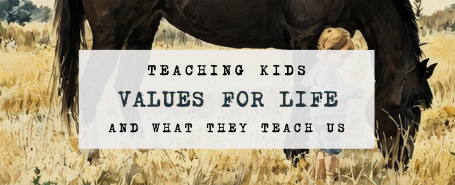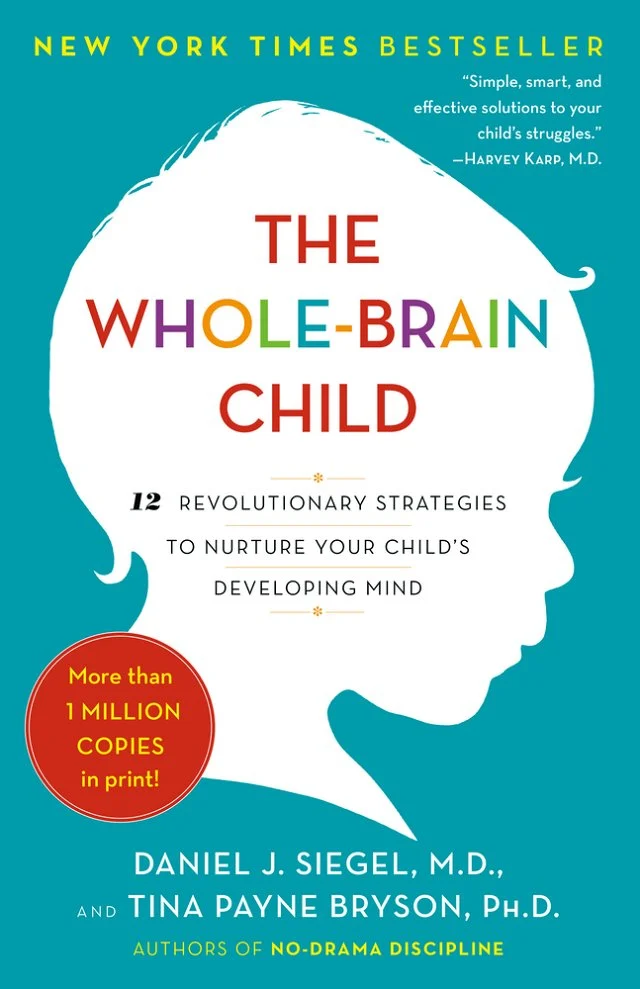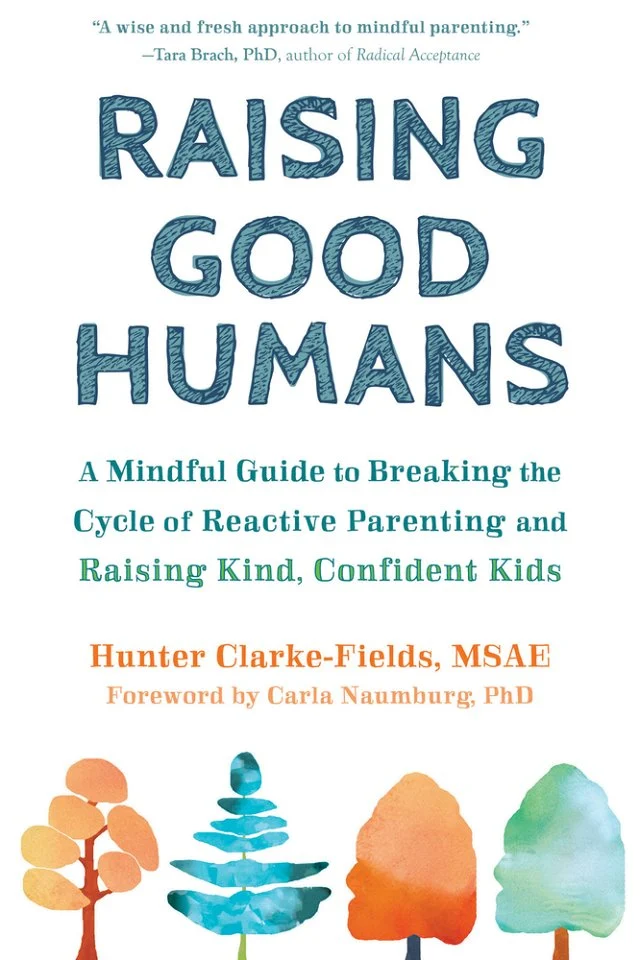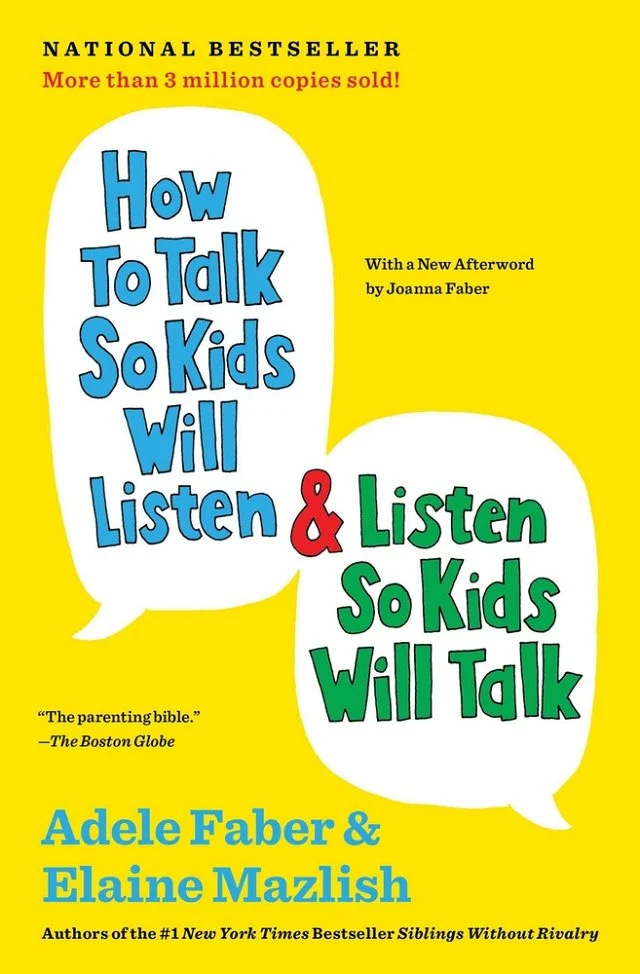Share with your community:
The Values We Teach Our Kids (and What They Teach Us in Return)
Raising Kind, Brave, and Curious Kids in a Fast-Paced World
Right now, my son is in a season of transition. I see it in the way he moves through the world—testing boundaries, exploring independence, sometimes (most of the time right now) pushing back, sometimes needing extra reassurance. And as much as I want to guide him through it smoothly, I’m realizing something: parenting isn’t about always having the perfect approach. It’s about adjusting, learning, and growing right alongside our kids.
Some days, I feel like I’ve figured it out. Other days, I try something that worked before, and suddenly… it doesn’t anymore. It’s humbling. And It’s frustrating. But it’s also beautiful—because through these moments, I’m learning more about myself, my intuition, and what it truly means to raise a good human.
And honestly? Parenting is one of the hardest things I’ve ever done—but it’s also one of the best things that has ever happened to me.
Raising the Next Generation to Be Better
My husband and I have talked about this a lot, and we both agree: we want our son to be better than us.
Kinder. Wiser. More open-minded. More at peace with himself and the world around him.
If he’s better at sports than we were? Amazing. If he grows up with a deeper understanding of people, emotions, and the world than we had at his age? That’s exactly what we want. We don’t want to live through him—we want to give him the tools to become the best version of himself.
And I think as parents, that can be a tricky balance. Sometimes, without even realizing it, we project our own interests and experiences onto our kids because we want to share the things we love with them. And that’s not a bad thing—I actually think it’s a beautiful part of parenting.
But instead of expecting our kids to love what we love, maybe the goal is to show them what lights us up. To invite them into our world with an open heart, while also staying open to theirs. Because maybe they’ll love what we love—or maybe they’ll take pieces of everything and create something entirely their own.
(Like everything I talk about… balance.)
Take what resonates. Leave the rest. There’s no rule book saying otherwise.
The Values I’m Teaching My Son (and How We Can Use Them Every Day)
Raising a child is not about perfection. It’s about the little things we do daily that shape the kind of person they become. And the truth is, these aren’t just values I want to teach my son—they’re values I try to live by, too.
Here are some of the core values we focus on in our home, inspired by a personal project I’ve been working on:
1. Kindness: The Smallest Actions Matter
Kindness isn’t about grand gestures—it’s in the everyday moments. It’s in the way we treat people, how we speak to ourselves, and how we respond when things don’t go our way.
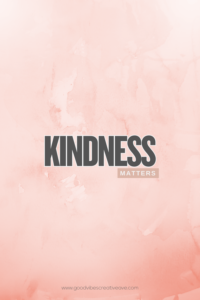
How I Teach It to My Son:
- Encouraging small acts of kindness daily—helping a friend, sharing, saying kind words.
- Talking about how kindness makes people feel and why it matters.
How We Can Live It Ourselves:
- Leading by example—choosing patience over frustration, offering grace when someone makes a mistake.
- Recognizing that kindness isn’t about being passive—it’s about being strong enough to choose compassion.

2. Curiosity: There’s Always More to Learn
Kids naturally ask a million questions because they see the world as one giant mystery waiting to be solved. I never want to stifle that curiosity—I want to encourage it, both in him and in myself.
How I Teach It to My Son:
- Answering his questions, even when I don’t know the answer (because looking it up together is just as fun).
- Encouraging exploration—new books, new experiences, new places.
How We Can Live It Ourselves:
- Staying open to learning, even when we think we know the answer.
- Challenging our own beliefs and perspectives—what if there’s another way to see things?
3. Gratitude: Finding Joy in the Everyday
It’s easy to chase the next big thing, but real happiness comes from noticing what’s already in front of us. Gratitude isn’t just about saying “thank you”; it’s about truly feeling it.

How I Teach It to My Son:
- At bedtime, we each say one thing we’re grateful for that day.
- Pointing out beauty in small moments—“Look at that sunset!” “Feel the warmth of the sun on your face.” “Thank you Sun for coming out to play!”
How We Can Live It Ourselves:
- Practicing mindful gratitude—pausing to appreciate small joys, like a good cup of coffee or a deep breath.
- Shifting our mindset—focusing on what we have rather than what we lack.

4. Respect: For Nature, Others, and Ourselves
Respect isn’t just about saying “yes, ma’am” or holding the door open. It’s about how we treat everything and everyone around us—including ourselves.
How I Teach It to My Son:
- Teaching him to pick up trash when we see it, to handle animals gently, and to take care of his belongings.
- Modeling respectful communication, even when we’re upset.
How We Can Live It Ourselves:
- Setting boundaries and respecting our own needs.
- Choosing words that uplift rather than tear down.
- Being mindful of our impact on the environment.
5. Courage: Doing What’s Right, Even When It’s Hard
Courage isn’t just about being fearless—it’s about feeling the fear and making the right choice anyway. It’s about standing up for what’s right, even when it’s unpopular. It’s about speaking up when we see something wrong. And sometimes, it’s simply about stepping outside our comfort zones and trying something new.
Courage is the foundation for all the other values. It takes courage to be kind when others aren’t. It takes courage to stay curious and question things. It takes courage to be grateful, even on hard days. And it takes courage to respect ourselves and set boundaries.
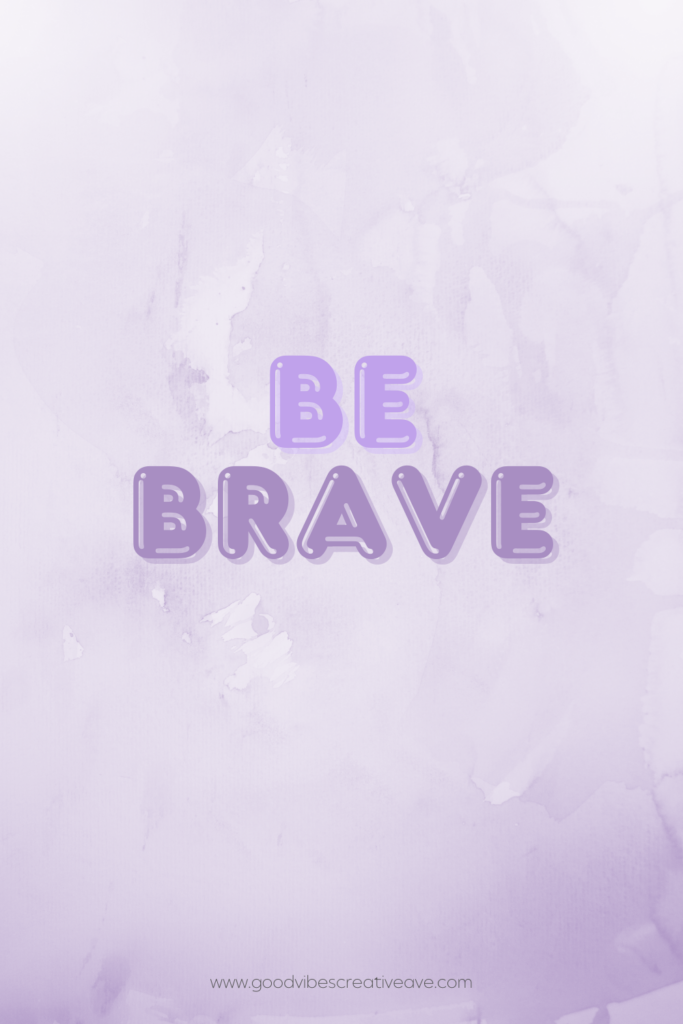
How I Teach It to My Son:
- Encouraging him to speak up if something feels wrong.
- Teaching that mistakes are part of learning—it takes courage to try again.
- Showing him that doing the right thing isn’t always easy, but it’s always worth it.
How We Can Live It Ourselves:
- Practicing small acts of courage daily—whether it’s setting boundaries, trying something new, or standing up for someone.
- Listening to our intuition and making decisions based on what feels right, not just what’s comfortable.
- Remembering that courage isn’t about being fearless—it’s about choosing to act, even when we’re afraid.
Universal Values We All Work With
Beyond these personal values, there are universal principles that help shape a better world:
Kindness: Treating others with care and respect, regardless of background or belief.
Compassion: Seeking to understand before judging.
Curiosity: Never stopping the quest for knowledge and self-discovery.
Gratitude: Appreciating what we have instead of fixating on what we lack.
Open-mindedness: Being willing to hear different perspectives.
Acceptance: Recognizing that differences make the world richer, not more divided.
Integrity: Doing the right thing even when no one is watching.
Inspiration: Living in a way that ignites hope and possibility in others.
- Honesty – Teaching kids to tell the truth and own their actions.
- Empathy – Understanding and valuing different perspectives.
- Resilience – Teaching them how to handle setbacks and keep going.
- Responsibility – Owning our actions and understanding our impact.
- Community & Connection – Reminding kids that we’re all in this together.
But values don’t come from simply hearing about them. They come from seeing them in action. That’s why mindful parenting is so important—it’s about modeling the behavior we hope to instill in our children.
Final Thoughts: An Invitation to Mindful Parenting
As parents, we’re constantly planting seeds. Some will bloom right away; others will take years to sprout. But the most important thing we can do is keep planting them—with love, patience, and intention.
And we’re all figuring this out as we go. None of us have it all together. But that’s the beauty of it, isn’t it? We’re learning. We’re growing. We’re showing up every day, trying to do a little better than we did yesterday.
So I’d love to hear from you—what values do you try to live by and pass on to your kids? What has parenting (or just being part of the next generation’s village) taught you about yourself? Let’s grow together.
"The journey is where you grow."
Parenting is hard. No one has all the answers, but we can learn, grow, and do better—together. Here are some incredible books, resources, and support options to help you on this journey.
- Greater Good Science Center (UC Berkeley): How Parental Communication Shapes Emotional Intelligence – Research-based insights on how kids absorb the way we speak and interact.
- Psychology Today: Teaching Kids How to Disagree Respectfully – Practical advice on modeling and encouraging respectful conversations.
Harvard Center on the Developing Child: The Impact of Early Experiences on Brain Development – A fascinating look at how the early years shape a child’s emotional and social well-being.
- How to Raise A Good Human: The Power of Mindful Parenting –Raising the Next Generation: Why Our Words and Actions Matter More Than We Think
Books on Raising Kind, Emotionally Intelligent, and Resilient Kids
I am a big believer of keeping books and bookstores alive, but sometimes the convenience of Amazon is nice. lol So I have provided two options if you wanted to grab your own copy from a local store. Every purchase through Bookshop financially supports your local and independent bookstores near you! Or if you get all your books through Amazon (you don’t need to explain your reasons) I have also linked it through Amazon.
I make sure that I support local bookstores the best I can by purchasing some of my books through them when I can, but Amazon is a great resource too. So you know, it’s called balance…just like everything in life. 🙂
The Whole-Brain Child
12 Revolutionary Strategies to Nurture Your Child's Developing Mind
By: Tina Payne Bryson + Daniel J. Siegel
A must-read for understanding how children’s brains develop and how we can nurture emotional intelligence from a young age.
Raising Good Humans
A Mindful Guide to Breaking the Cycle of Reactive Parenting and Raising Kind, Confident Kids
By: Hunter Clarke-Fields + Carla Naumburg
This book dives deep into mindfulness-based parenting, helping you stay calm while teaching kids emotional regulation. Added benefit…you’ll also be more emotionally regulated 🙂
How to Talk So Kids Will Listen & Listen So Kids Will Talk
Learn How to Communicate With Your Child Effectively and Respectfully
By: Adele Faber + Elaine Mazlish
A classic book on communicating with kids in a way that fosters respect, understanding, and cooperation. I found my copy in one of the “Free Little Libraries” around the neighborhood and it was from 1999:)
Want More Mindful Parenting & Good Vibes?
Raising kind, emotionally intelligent kids starts with us. 💛 If you’re looking for gentle inspiration, mindful parenting tips, and ways to create a more compassionate world—one small action at a time—join my newsletter!
Let’s grow, heal, and learn together—one email at a time.
P.S. No spam, just thoughtful insights and feel-good vibes (because we all deserve better).
Good Vibes Newsletter
Sign Up for Good Vibes + Positivity delivered to your mailbox - Promise, to not spam you 🙂
Thank you!
You have successfully joined our subscriber list.
